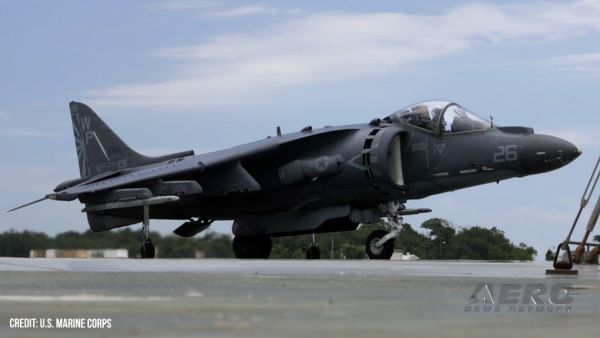Endorses An Enhanced Qualification Program (EQP) As An Alternative Pathway To An ATP
The FAA Air Carrier Training Aviation Rulemaking Committee (ACT ARC) has made a recommendation to the agency to modify its requirements for obtaining an ATP certification with restricted privileges (R-ATP) by allowing some education to be substituted for time in the cockpit. The ARC said in the document released last month that the recommendation is the first alternative pathway to such certification to be recommended.

The ACT ARC recommends the FAA promulgate regulations and associated advisory and inspector guidance establishing an alternative pathway to R-ATP certification, including additional aeronautical experience credit, for a pilot training under an enhanced qualification program (EQP). The ACT ARC further recommends that part 121 certificate holders be eligible providers of the EQP. An EQP would be developed and administered by the part 121 certificate holder and approved by the FAA. An EQP would include an air carrier assessment, EQP curriculum, and data collection.
The First Officer Qualification Aviation Rulemaking Committee (FOQ ARC) chartered in 2010 identified gaps between the training and testing required to obtain a commercial pilot certificate with multi-engine and instrument ratings and the skills, experience, and competencies needed to perform to acceptable levels in part 121 air carrier operations. In its Final Report, the FOQ ARC recommended several methods to improve the flight proficiency of the pilot, including establishment of minimum aeronautical knowledge and experience standards for a pilot acting as SIC in air carrier operations.
Based on the FOQ ARC recommendations, the FAA issued a rule which prescribes specific training requirements (referred to as an ATP Certification Training Program (ATP CTP)) for a pilot applying to take the FAA ATP-Multiengine Airplane Knowledge Test. The ATP CTP course required under that rule is intended to ensure a pilot seeking an ATP certificate has been exposed to the academic and flight training topics identified as problem areas in the accidents that led to the enactment of the Public Law and, ultimately, the Pilot Certification and Qualification Requirements for Air Carrier Operations final rule (FOQ final rule), before entering air carrier training and serving as a first officer in part 121 air carrier operations.
In addition to ATP CTP, several aviation colleges, universities, and pilot schools teach the theoretical aspects of air carrier inter-departmental relationships and operations. However, these academic organizations generally do not address these topics in significant depth, and very few degree programs offer practical experience in air carrier inter-departmental relationships and operations before a new hire pilot is introduced to these concepts during air carrier initial new hire (INH) training. The EQP is designed to bridge these gaps and better prepare applicants for the air carrier INH curriculum.
Neither an ATP CTP nor collegiate coursework is intended to ensure that an ATP certificate applicant with a multi-engine class rating is fully competent to operate in air carrier operations before entering into air carrier employment. While the EQP does not eliminate the need for INH training, the ATP WG believes that the training the applicant receives and successfully completes via the EQP pathway will better prepare the applicant to successfully complete the air carrier’s INH program and enhance the operational safety of the graduate in his or her early years of air carrier operational experience.
THe ACT ARC said in its recommendation that the EQP will exceed the requirements for an ATP CTP. A pilot completing Phase I of the EQP curriculum (see Recommendation 16-8(d): EQP Curriculum) will receive the equivalent of an ATP CTP Graduation Certificate, and be eligible to complete the FAA ATP-Multiengine Airplane Knowledge Test. Upon completion of the EQP, including successful completion of the Knowledge Test, the pilot will be eligible to enroll in the air carrier INH training curriculum. Upon completion of INH training (including the ATP practical test), a pilot who meets the alternate aeronautical experience requirements proposed in this Recommendation would be eligible to receive an R-ATP certificate.
(Source: ACT ARC Report)
 ANN's Daily Aero-Term (06.03.25): No Gyro Approach
ANN's Daily Aero-Term (06.03.25): No Gyro Approach ANN's Daily Aero-Linx (06.03.25)
ANN's Daily Aero-Linx (06.03.25) ANN FAQ: Turn On Post Notifications
ANN FAQ: Turn On Post Notifications Airborne 05.30.25: Anti-Helicopter Bill, PW Strike Done, All-Electric Bristell
Airborne 05.30.25: Anti-Helicopter Bill, PW Strike Done, All-Electric Bristell Airborne 05.29.25: ATC Bonu$, VX4 eVTOL Flies, Starship 9 Test
Airborne 05.29.25: ATC Bonu$, VX4 eVTOL Flies, Starship 9 Test



